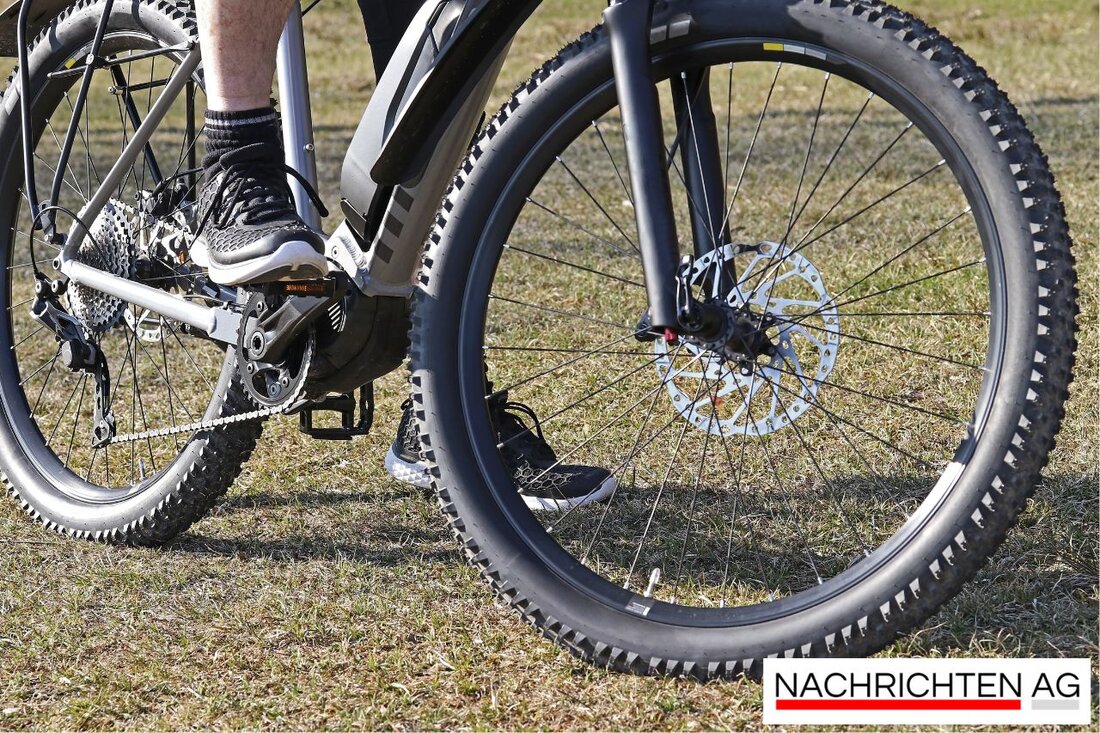Munich cycles record: over 4.1 million kilometers for climate protection!
Munich celebrates records for city cycling in 2025: over 4.1 million kilometers, increasing participation and a positive outlook for cycling infrastructure.

Munich cycles record: over 4.1 million kilometers for climate protection!
The city of Munich is celebrating great success in this year's city cycling and school cycling. There are a total of 22,326 participantstook part in the Climate Alliance's three-week international campaign from June 1st to 21st, 2025, which corresponds to an increase of 20 percent compared to the previous year. This enormous participation shows how many Munich residentsactively engage in environmental protection and do their part to promote sustainable mobility.
In total, more than 4.1 million kilometers were covered, a considerable distance that is not only bad for the climate, but also for the health of the participantsinside is an advantage. The record number of 925 teams, consisting of companies, clubs and families, shows that cycling is very popular in the city. How muenchenunterwegs.de reported are the participantsThere are people from different age groups, professions and life situations, which makes the diversity of this commitment clear.
School cycling, which was launched in 2015 as part of the Frankfurt RheinMain student cycle route network project, is also experiencing an upswing. This year, 127 schools in Munich took part, which is 14 more than last year. Schools have the opportunity to organize individual competitions and activities supported by Climate Alliance Services. This not only promotes team spirit, but also raises awareness of environmentally friendly mobility. Countries that want to take part in school cycling have the chance to conclude special contracts to set up their own competitions.
Mobility officer Georg Dunkel spoke positively about the growing interest in cycling in Munich. He emphasized the importance of extensive and safe infrastructure needed to promote cycling. The study by the Fraunhofer Institute for Systems and Innovation Research ISI has shown that it is possible in Germany to triple the share of cycling traffic by 2035 and thus reduce traffic emissions in the local area by 34 percent. This could save up to 19 million tonnes of CO2 equivalents annually, provided the necessary cycle paths and good bus and train connections are in place.
The generally positive development also suggests the future potential in the city. A seamless and attractive infrastructure as well as good connections with public transport are crucial to making Munich even more bicycle-friendly. The progress in city cycling and school cycling is not only a great success, but also a step towards a more sustainable and healthy city life.
We can't wait to see what the bike parking spaces, e-bike charging stations and other measures to promote cycling look like. The figures from this year clearly show: Something is happening in Munich, and the citizens are actively taking it into their own hands. The common path leads along the streets of the city - on two wheels!

 Suche
Suche
 Mein Konto
Mein Konto